Key Findings
The 2022 State Standard of Excellence recognizes eight Leading States – Colorado, Minnesota, Tennessee, North Carolina, Pennsylvania, Washington, Utah, and Connecticut and nine Honorable Mention States – Massachusetts, Ohio, California, Maryland, New Jersey, Oregon, Texas, Arizona, and Rhode Island – for building and using evidence and data to deliver better results for residents.
This year’s State Standard of Excellence showcases 263 examples of data-driven and evidence-based practices, policies, programs, and systems (an increase of 61 from 2021) in 41 states across the country (an increase of five states from 2021).
States are increasingly investing in what works
The 2022 Invest in What Works State Standard of Excellence features 32 states that define and prioritize evidence of effectiveness in at least one state grant program. This represents an increase of 21 states over the 11 states featured in 2021.
State agencies use grants and contracts to provide resources to local partners who deliver services. They can produce better and more equitable results for residents by increasing the proportion of public resources directed to interventions with evidence of effectiveness. Criteria 15 of this State Standard and an accompanying honor roll recognize state grant programs that clearly define evidence of effectiveness when they invite applications from potential grantees and prioritize such evidence when selecting the organizations that will deliver services on their behalf.
States that define and prioritize evidence of effectiveness in grant programs can continue to nominate their programs here. Approved nominations will be included in future State Standards of Excellence and the annual honor roll list for their commitment to making evidence-based investments, a critical leverage point in delivering results to residents and communities, especially as states allocate federal recovery investments. To learn more or to receive advice on evidence-based grantmaking, please email states@results4america.org.
States are increasingly investing in data capacity and building evidence of what works
States are using their own funding as well as federal recovery funding to invest in data capacity and building evidence of what works.
For example, Tennessee allocated $1.5 million for rigorous evaluations of programs identified through the state’s program inventory process, and is connecting agencies with external research partners to conduct evaluations. North Carolina’s Office of Strategic Partnerships (OSP) launched the NC Project Portal, an innovative tool for launching partnerships to help state agencies address their research needs and deliver better results for residents. Maryland’s Department of Human Services launched MD THINK, a cloud-based platform allowing multiple state agencies to share and manage data, and offering a one-stop shop for residents to access key services.
